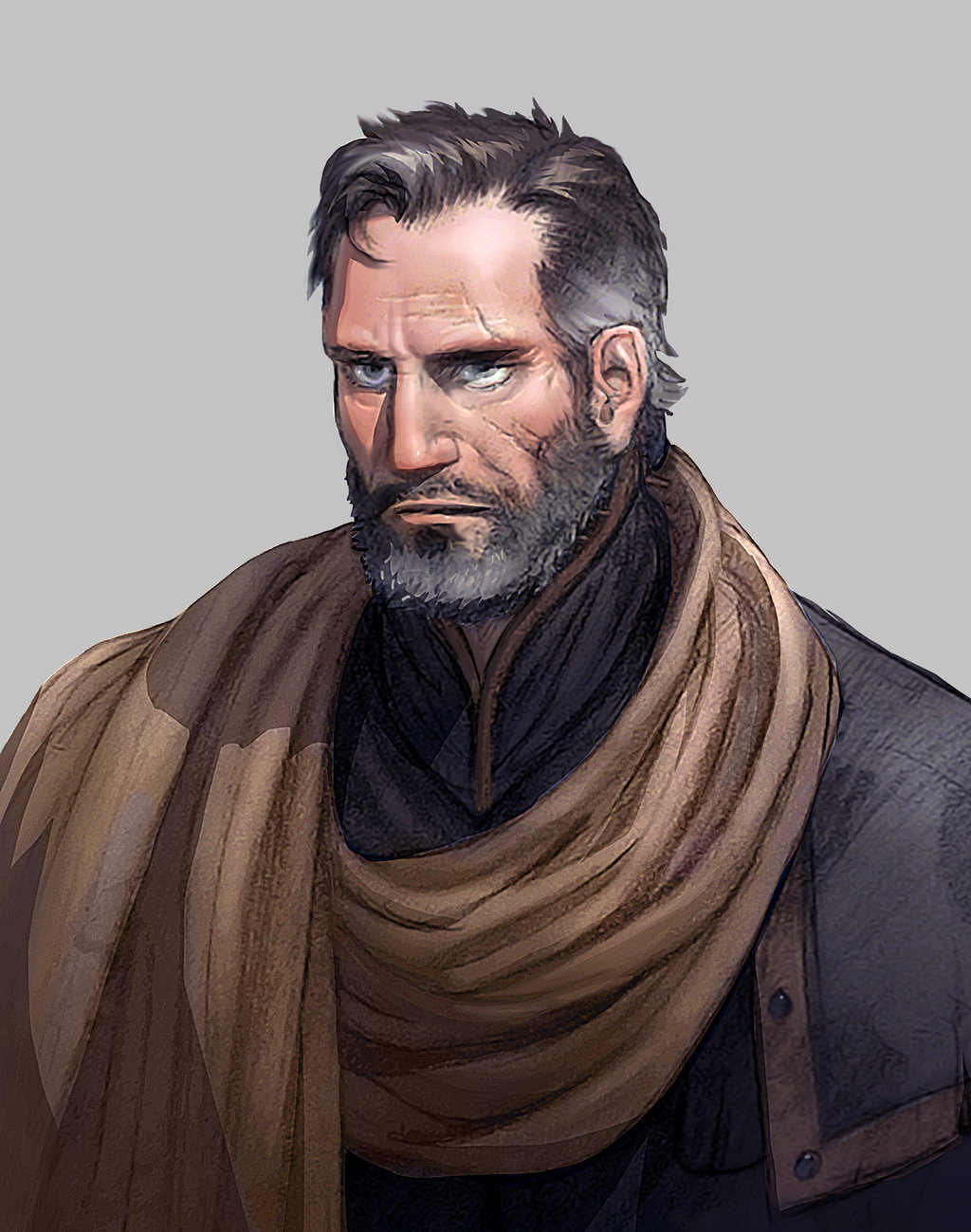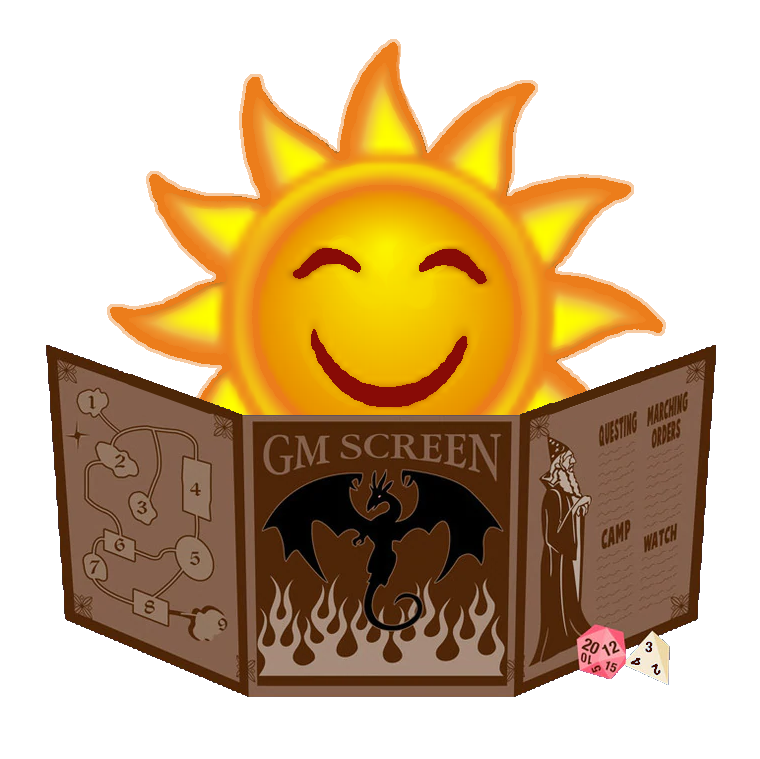We lost the trail sometime early in the morning; our radios and GPS systems had gotten damaged when we ran from what looked like a bat the size of a horse. All of a sudden a drone appeared overhead, its robotic voice telling us to follow.
After thirty minutes, we came out into a glade where one of the ATCVs was parked. We were served grilled fish, fresh fluffy rolls, seaweed salad, and what tasted like potato and clam chowder. After a long day out in the cold it was hands down the best meal I have ever eaten.— Lamarcus Pitts, Field Botanist
All Terrain Catering Vehicles (ATCV) were used by the Department of Culinary Arts and Agriculture in the first decades after landing on Deseret. ATCVs were important tools in providing meals to research and working parties out in the field, as well as searching for native ingredients that were edible for humans and livestock.
Anywhere the colonists went the ATCVs traveled with them. They quickly becoming a part of popular culture, appearing in literature and paintings. Many of the Head Chefs that commanded the ATCVs were powerful personalities, making them popular guests on the nightly news as they spoke on topics ranging from agricultural development to new species that had been recently discovered.
The chefs that crew the ATCVs were also highly skilled botanists, biologists, and geologists, feverishly searching for new edible ingredients. Some crews focused on testing soil chemistry, looking for good locations to develop Desereti
terroir. Others would hunt and butcher native animals, testing for toxicity and taste.
ATCV crews were first and foremost chefs. During the recruiting phase for the Deseret Colonial Expedition no one knew what cuisine would best suit the needs of the colonists or the environmental limitations of their new home. Each chef selected was meant to serve as guardians of cooking techniques and recipes from different cultures and nations from Old Earth.
This is where Desereti cuisine is going to be made. This is where the culinary traditions we envisioned for ourselves either take root or die.— Helena Brandão, Pattisier attached to ATCV 2 "The Wild Table"
Holiday Traditions
Unfortunately for colonists, working in the field could mean missing out on many of the holiday traditions that were created in the first years on planet. Deseret is colder than Earth, and records indicate that the winter of 1 DE was particularly harsh. During December an exceptionally strong blizzard isolated many research parties out in the field.
Concerned over the low morale among researchers out in the field, the crew of ATCV 7 "The Melting Pot" made a risky 500 km drive to Zarahemla where they gathered food, letters, and gifts from the community. Upon their return Head Chef Jurren Zielman and Deputy Chef Dafina Pritchett, costumed as King Wenceslas and his Page from Christmas tradition, passed out gifts and letters while the rest of the crew prepared a feast.
Bring me meat and bring me wine
Bring me pine logs hither
Thou and I will see him dine
When we bear him thither
Page and monarch forth they went
Forth they went together
Through the rude wind's wild lament
And the bitter weather
— Good King Wenceslas, third stanza
News of the event spread quickly among colonists, and ATCV crews at other locations began carrying out their own "King Wenceslas" parties. Over the years these celebrations became a beloved tradition, with each year seeing new additions to the festivities. In the present day it is common for caravans of ATCVs to leave towns during December, each led by their own King Wenceslas and Page, heading to remote research outposts or nearby towns. Modern ATCVs often carry supplies for large communal dining areas and mobile dancing floors.
Legacy
ATCV's had been custom built by the Toyota Tsusho Corporation and Deseret would not have the resources or industrial base to replace them for many years. Over time wear and tear would see many ATCV's decommissioned and their crews re-assigned. Many of Deseret's most prestigious restaurants have their origins in crews that remained together such as "The Wild Table" in downtown Taumata.
On July 3rd, 67 DE the last of the original ATCV's, the "Purple Lantern", was retired from service. A memorial service was held, featuring a reunion of all living members of ATCV crews. The "Purple Lantern" was turned into an interactive monument at the Fred Roger's park and playground in Taumata where it remains to this day.
On August 4th, 132 DE the vehicle design firm Sepharad revealed plans to produce two lines of modern ATCV's. These were the smaller Emma-class model for use along city streets, and the Lazarus-class model, slightly larger than the original ATCVs that arrived with the colonists. The Emma-class ATCVs have remained in production since and have become quite popular among immigrants from Bhramputra Prime.






When Max Max meets food trucks. Love it!
Thanks!